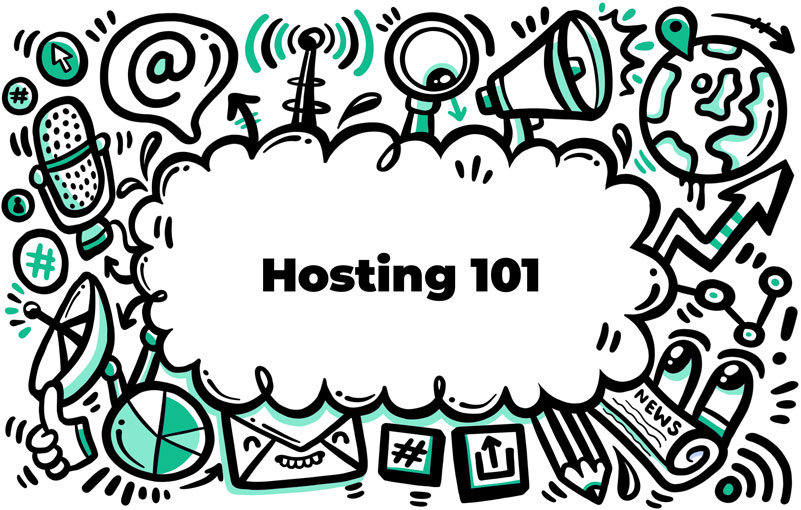As a small business owner, it’s crucial to maintain a professional online presence. One of the most critical aspects of this presence is having a reliable web hosting service. However, web hosting issues can sometimes arise, causing frustration and affecting your site’s performance. This article will explore how to troubleshoot common web hosting issues, empowering you to resolve these problems quickly and efficiently.
Identifying Common Web Hosting Issues
Slow Website Loading Times
One of the most common web hosting issues is slow loading times. This can negatively impact your visitors’ experience, causing them to abandon your site and affecting your search engine ranking. To resolve this issue, try the following:
- Optimise your website’s images, ensuring they’re appropriately sized and compressed.
- Minify your site’s code by removing unnecessary characters, spaces, and comments.
- Use a Content Delivery Network (CDN) to distribute your site’s content to servers worldwide, improving loading times for users in different locations.
- Upgrade your web hosting plan to a higher-tier package or switch to a more reliable hosting provider.
Downtime and Server Errors
Downtime and server errors can be incredibly frustrating for small business owners, as they can lead to a loss of potential customers and revenue. To troubleshoot these issues:
- Check your web hosting provider’s service status page or contact their support team to confirm if there’s a known issue affecting their servers.
- Ensure your website’s code and plugins are current, as outdated software can cause server errors and incompatibilities.
- Regularly back up your website’s data to minimise potential loss during downtime.
- If downtime persists or occurs frequently, consider switching to a more reliable hosting provider with a strong track record of uptime.
Email Delivery Issues
Email is an essential communication tool for small businesses, and web hosting issues can sometimes cause delivery problems. If you’re experiencing issues with your email, try the following:
- Verify your domain’s DNS settings to ensure they’re correctly configured.
- Check your email client’s settings, ensuring you use the correct incoming and outgoing server addresses and authentication methods.
- Review your email’s spam filters, as legitimate messages can sometimes be marked as spam.
- Contact your web hosting provider’s support team for assistance with email delivery issues.
Monitoring Your Web Hosting Performance
Monitoring your website’s performance regularly is crucial to troubleshoot web hosting issues proactively. Implement the following strategies to stay on top of potential problems:
- Set up website monitoring tools to receive notifications about downtime, slow loading times, or server errors.
- Regularly review your website’s analytics to identify performance trends or issues.
- Schedule regular website maintenance, including updating plugins, themes, and other software components.
- Keep communication channels open with your web hosting provider to stay informed about any server issues or scheduled maintenance.
Choosing the Right Web Hosting Provider for Your Small Business
Selecting a reliable web hosting provider is critical for small business owners to ensure a smooth online experience for their customers. Keep the following factors in mind when choosing a web hosting provider:
- Reliability and uptime: Look for a provider with a proven track record of minimal downtime and a robust Service Level Agreement (SLA).
- Customer support: Choose a hosting provider that offers responsive and helpful customer support, available through multiple channels such as phone, email, and live chat.
- Scalability: As your small business grows, you’ll need a web hosting provider to accommodate your expanding needs, offering plans with increased resources and features.
- Security: Ensure the provider has robust security measures, including SSL certificates, malware scanning, and regular backups.
- Price: Compare different web hosting plans and pricing structures, weighing the features and benefits against your small business’s budget.
Small business owners can confidently maintain a reliable and professional online presence by following these tips for troubleshooting common web hosting issues. With the right web hosting provider and proactive monitoring, you’ll be well-equipped to address any challenges, ensuring a seamless experience for your customers.



